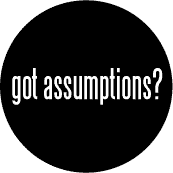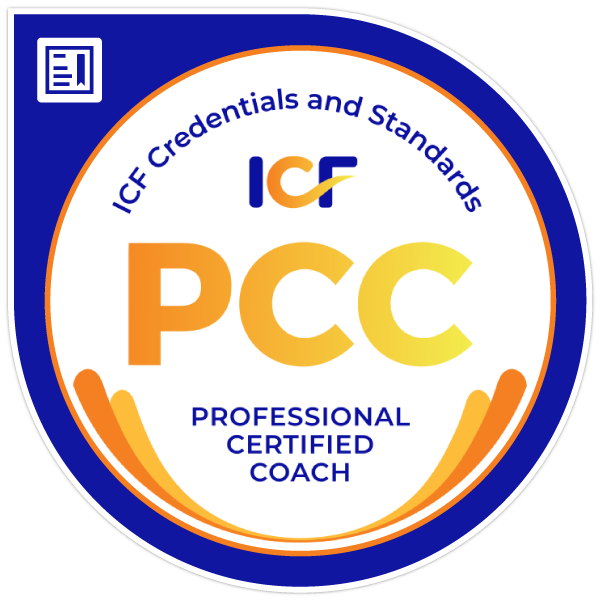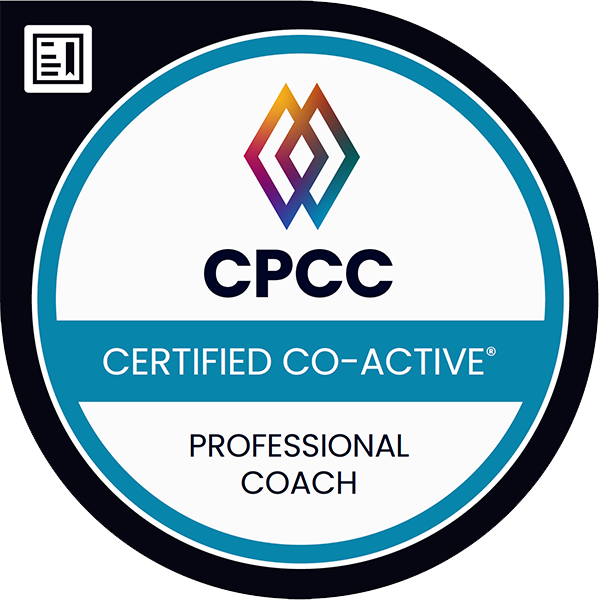We spend a good part of our lives making assumptions, and we need to or we would never get anything done. It’s when we unconsciously make assumptions about other people’s behaviour that we get in our own way.
Assumptions run us and until we can identify them we think they are the truth, and those “truths” generally limit us and keep us boxed in (keep us from curiosity). Because our assumptions about other people are often negative, it is difficult to “create from” situations when we operate on assumptions, we tend to “react to” them instead. Assumptions generally operate in the background (our subconscious) and we often don’t know we are making them.
Then, once we have made an assumption, we inevitably look for evidence to support that assumption, because we were trained from a young age that we need to be right. That ladder of inference keeps us trapped in an often negative story that usually doesn’t move us toward our goals.
Why It Matters
The success of any relationship begins with open, honest communication. Assumptions can get in the way of that and create a “mess” or “hot spot” which only gets messier and hotter if we don’t take steps to clean it up. We will just keep looking for more evidence to support our belief and we will not be able to see any other perspective.
When we realize that a relationship is not clean, a good first step is to get curious; ask yourself what is triggering you? Quite often we will discover that we are irked or frustrated because of an assumption.
How It’s Done
Step 1: Consider the things about other people that frustrate you, and make a list.
Step 2: Write down all of the assumptions you are making about each particular person.
Step 3: For each assumption, consider and write down the IMPACT that assumption has on you.
Example: “(I was interrupted when I was speaking and so) I assume that you don’t think I have anything good to say.” The IMPACT of that on me is that I often don’t share my ideas and therefore miss opportunities for professional growth and learning. The IMPACT on our team is that we might not be operating at maximum effectiveness.
That is a big price to pay for simply making an assumption, and yet we do it all the time. Sometimes it is enough to make that list and really see that we are making up stories that hold us back. Sometimes that is enough to make us choose to toss that assumption aside or turn it into a “Generous assumption”.
Step 4: Since the assumptions that cause us trouble and get in our way are usually negative in nature a great practice is to turn them into generous assumptions:
example: "(I was interrupted when I was speaking and so) I assume that you don’t think I have anything good to say.” The IMPACT of that on me is that I often don’t share my ideas and therefore miss opportunities for professional growth and learning. The IMPACT on our team is that we might not be operating at maximum effectiveness.
My Generous Assumption might be: I was interrupted when I was speaking because you were so excited about the project that we were working on that you didn’t realize you cut me off.
Once you have “owned” this new generous assumption, notice the impact it has on you. What is different? What changed when you changed your assumption?
When we notice what we are thinking, we can choose to think something else, and that opens a world of possibility. And who doesn't want that?



